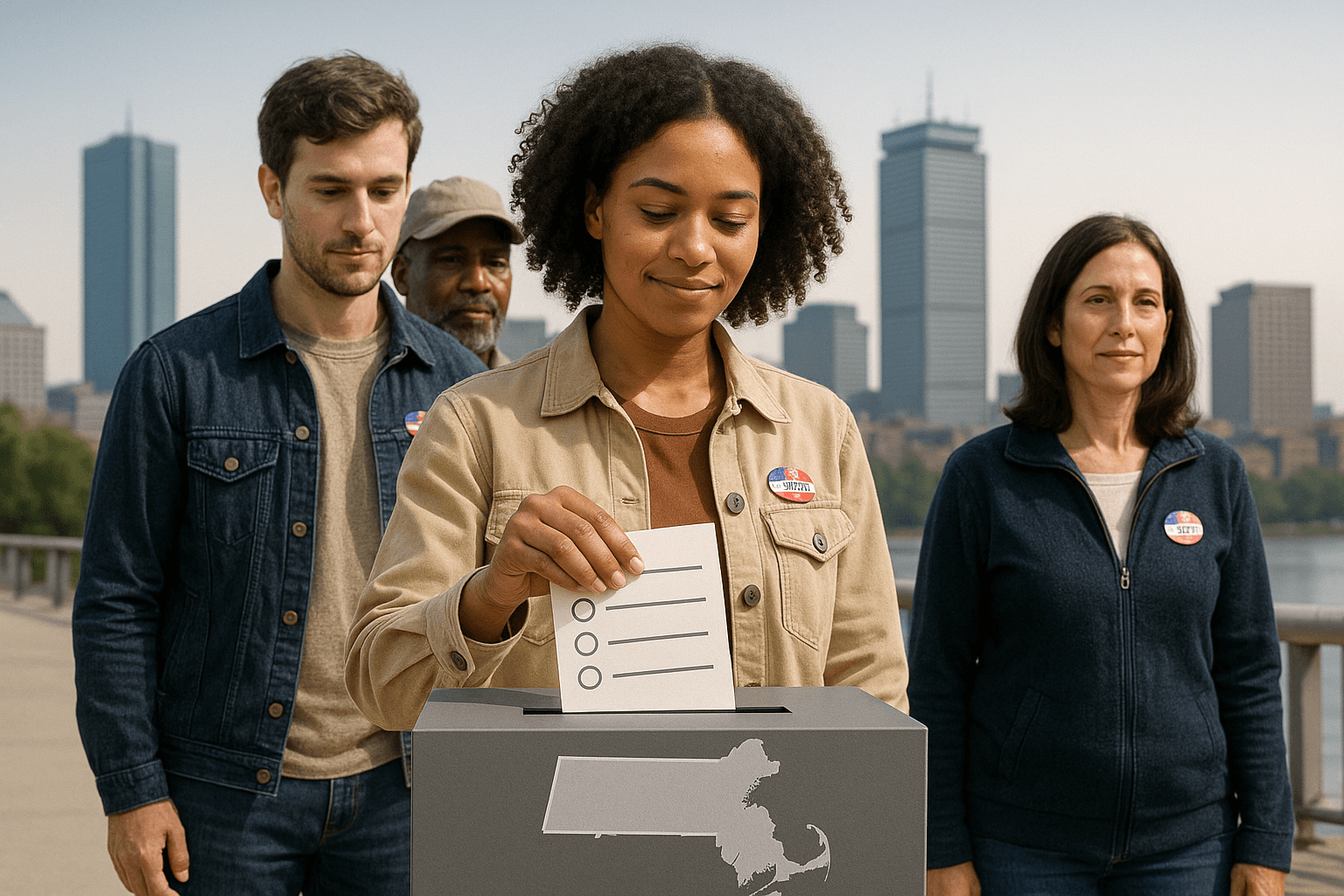Why We Need Ranked Choice Voting to Protect the Will of Voters

A special city council meeting was recently held in Santa Fe, New Mexico to discuss the implementation of ranked choice voting (RCV). In March of 2008, voters in Santa Fe adopted a charter amendment to elect their public officials using RCV.
Here is a quick explanation of ranked choice voting:
https://www.youtube.com/watch?v=CIz_nzP-W_c
After nearly 10 years of stalled implementation, a judge in November ordered the city to implement RCV. Although the city is appealing that order, they also are required to abide by the order and implement prior to the appeal.
The city council unanimously passed an ordinance to implement RCV. During its deliberations, it rejected a staff proposal to require an additional runoff election if RCV’s “instant runoff” winner in the last round did not earn a majority of votes cast in the first round.
This approach reflected a profound misreading of the city charter, as explained well by former city attorney Frank Katz, and ultimately the city made the right move to implement RCV as it is done everywhere else in the country.
There are good reasons for Santa Fe to use RCV instead of a separate runoff election. When you compare votes cast for winners in traditional runoffs with votes cast for winners in the RCV form of a runoff, RCV winners on average earn far more votes than runoff winners. And they do so without all the expense and negativity that comes with traditional runoffs.
As an example, FairVote's national office compared election results in all 77 RCV races in the United States in the past two decades that had an “instant runoff” with the 190 congressional primaries that have had a "delayed" runoff" since 1994 and with 14 runoffs in San Francisco in 2000-2003 before it started using RCV in 2004.
Both runoffs and RCV resulted in every winner having a majority of active votes in the final round, but RCV winners on average won 48 percent of the first round vote as compared to delayed runoff winners on average earning just 37 percent of the first round vote in congressional and San Francisco runoffs.
The difference between RCV races and runoff races is even more evident when measured to 40 percent of the first round vote, the traditional measure of a“substantial plurality.”
Ninety-five percent of RCV winners received more than 40 percent of the first round vote, while only 47 percent of the congressional primary runoff winners and 36 percent of San Francisco’s winners achieved 40 percent of the first round vote.
More than half of San Francisco’s 14 runoff winners earned fewer votes in the runoff than in the first round - a loss of support that never can happen with RCV.
Ranked choice voting will perform even better on these measures as improved voting equipment is implemented in cities and candidates and voters become all the more used to it.
Editor's Note: This article, written by Rob Richie and Madeline Brown, originally published on FairVote's blog, and has been modified slightly for publication on IVN.



